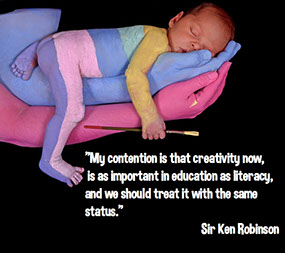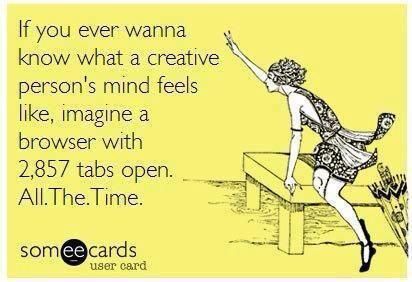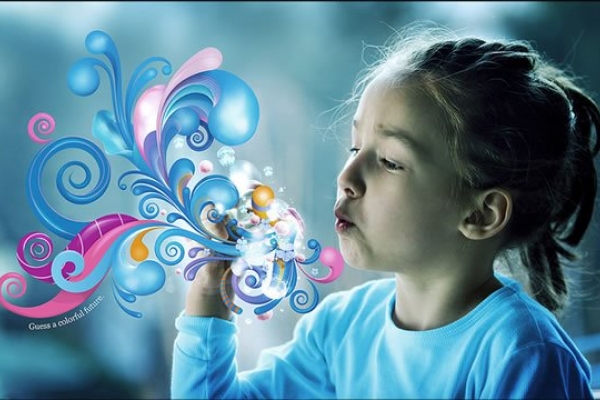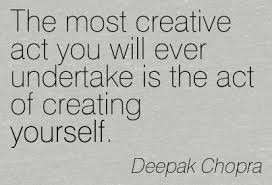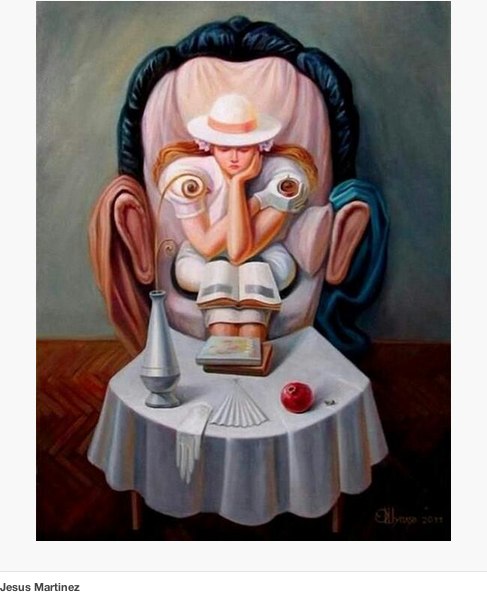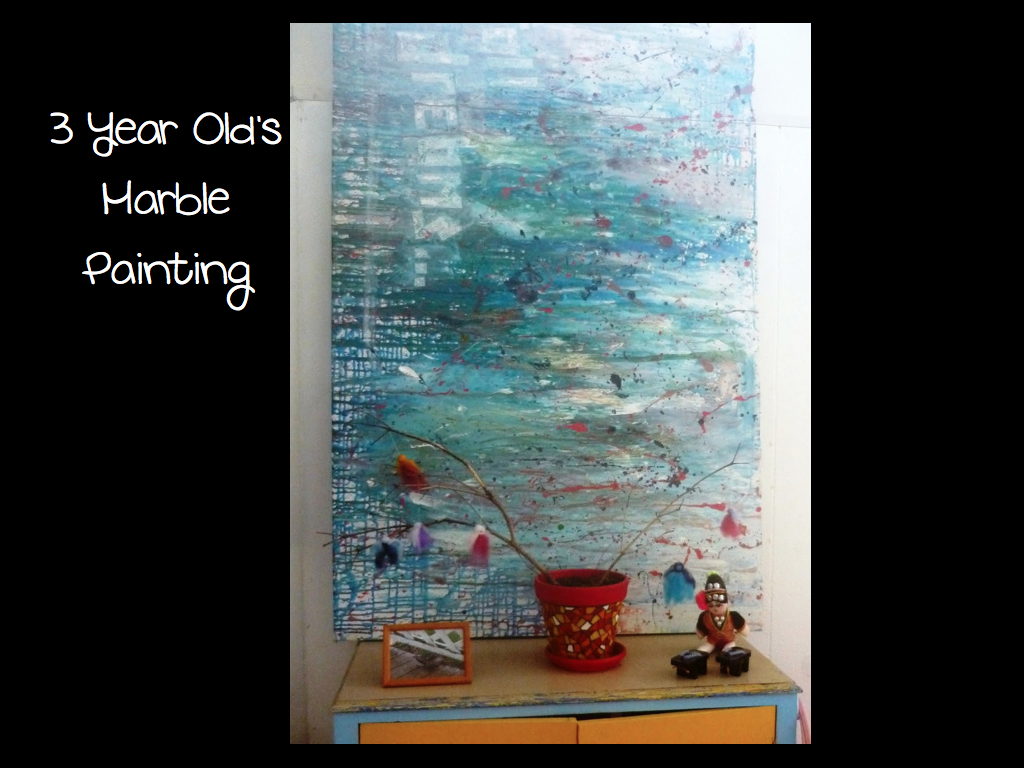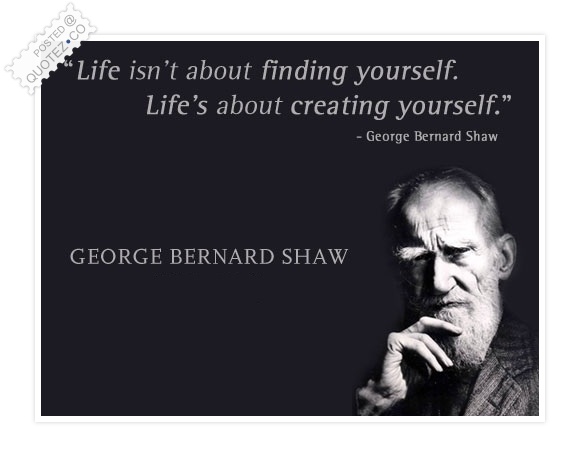http://www.ted.com Sir Ken Robinson makes an entertaining and profoundly moving case for creating an education system that nurtures (rather than undermines) creativity. TEDTalks is a daily video podcast of the best talks and performances from the TED Conference, where the world's leading thinkers and doers are invited to give the talk of their lives in 18 minutes -- including speakers such as Jill Bolte Taylor, Sir Ken Robinson, Hans Rosling, Al Gore and Arthur Benjamin.
If you're not prepared to be wrong, you'll never come up with anything original.
By the time they get to be adults, most kids have lost that capacity. They have become frightened of being wrong.
We run our companies like this, by the way. We stigmatize mistakes.
Now, we're running national education systems where mistakes are the worst thing you can make.
The result is that we are educating people out of their creative capacities. Picasso once said that all children are born artists. The trick is to remain an artist as we grow up.
Creativity now is as important in education as literacy, and we should treat it with the same status.
I believe this passionately: We don't grow into creativity; we grow out of it. Or, rather, we get educated out of it.
I believe our only hope for the future is to adopt a new conception of human ecology, one in which we start to reconstitute our conception of the richness of human capacity. Our education system has mined our minds in the way that we strip-mine the earth: for a particular commodity. And for the future, it won't serve us.
We have to rethink the fundamental principles on which we're educating our children. And the only way we'll do it is by seeing our creative capacities for the richness they are, and seeing our children for the hope they are. Our task is to educate our whole being so they can face this future. We may not see this future, but they will. And our job is to help them make something of it.
Sir Ken Robinson is an international leader in creativity, innovation, and educational reform and author of Out of Our Minds: Learning to Be Creative. This article is based on a talk he gave at the 2006 TED conference.
This article originally published on 10/19/2006
Reasons Children Become Less Creative
So how do you help your child develop his creativity?
Dr. Laura Markum
1. Neatness is over-rated. Whether it’s because they’re afraid to get their hands dirty, or because they can’t leave their art supplies visible and easily accessible, or because they live by too many rules and don’t think outside the box, kids who live in households with a focus on neatness are rated as less creative. As Ms. Frizzle of the Magic Schoolbus says, “Take Chances! Get Messy!”
2. Children who experience frequent limits train themselves to think inside the box. Babies should learn NO about safety issues, like the stove. But otherwise, you want her to see the world as full of possibilities. Why NOT let your baby empty the bookcase, or the kitchen cabinet? Why shouldn’t she “paint” the patio with a paintbrush and a pail of water?
3. Focus on play and process, not productivity. When kids do art to solicit positive comments from adults, sometimes they can’t wait to finish another picture. Obviously, it isn’t how many pictures they produce, it’s how engaged they are in the process. If you affirm how hard they’re working on that picture, they don’t have to rush through it to the next one for your approval.
4. Give your child permission to be different. Inventive, original kids are often seen as different by other kids. A little wacky, perhaps, or just plain odd. Make it okay for your child to be out of step with the norms of her peer group, to be unique, to see the world through her own glasses. To develop her individuality, she needs your support against the pressures of popular culture.
You’ll probably have to start by confronting your own fears about her not being “popular.” Don’t worry, at the high school reunion, it’s commonplace to find that the nerd has become a self-made millionaire, and that odd, silent girl is now a famous novelist.
5. Let toddlers experiment with manageable messes that they help clean up. Examples: water on the kitchen floor, bubbles on the porch, watercolors or chalk on the sidewalk (just get out the hose), food coloring in an unbreakable bowl with almost anything (snow, whipped cream, cornstarch or water). My daughter at age four loved breaking eggs to see what was inside; we occasionally let her smash them into a bowl.
6. Establish a place for art supplies early on, that is both easily accessible and neat. It should include drawers or bins for washable markers, paper, clay, and anything else you feel comfortable adding as your children get older (beads, collage materials, stamps and inkpads, etc.) I don’t suppose I need to say this, but coloring books don’t exactly foster creativity, plain paper is infinitely better. Blocks, with their infinite possibilities, generally offer more creative play opportunities than more sophisticated building materials. Many four year olds can build with blocks for hours every day; it helps develop mathematical, spatial and problem-solving abilities.
7. Make creative art play easy. If your child can initiate art activities without your help, he’s more likely to create art when the spirit moves him. The best gift we ever received was a small plastic tray for children to put their paper in as they work, but a designated cookie sheet with a rim works just as well. (You’ll need one for each kid, and to wash them after messy projects.) Kids can do art with no worry, since crayon marks, glitter, play dough, etc all have a contained space. You still need rules (“Playdough stays on the tray”, “Mom has to supervise pouring the glitter” “We always put newspaper down when we paint”) but creative arts become more a part of your child's everyday life, as they become "his."
8. Help your budding artist stay centered. From Vincent van Gogh to Sylvia Plath, the stereotype of artists being mentally imbalanced pervades western culture. It's possible that these examples of talent paired with emotional disturbance are simply coincidence. It's also possible that the agony of a painful childhood expresses itself best through art. It's possible that people who break with society to follow their own drummer are more likely to come unmoored. And it may even bepossible, as some spiritual adepts say, that people who open themselves fully to the creative energy of the universe, without the emotional and spiritual maturity to handle it and without the guidance of a spiritual teacher, can be driven crazy.
Regardless, it can be argued that creative people may well need extra help to learn how to stay centered. You can protect your budding artist by helping her develop structures that support her.
Some ideas: Help her regulate her body clock so she doesn’t stay up all night painting. Teach her to meditate. Be sure she gets enough physical exercise to stay grounded. Promote a balanced diet sans caffeine. Introduce her to artists who have healthy, balanced lives, whether through biographies or movies or in the flesh. Make sure you’re there when she wants to talk.
And most important, introduce your child to the time-honored idea that creativity comes THROUGH us, not FROM us. The idea of the muse, of spirit looking for an artist to record that snatch of beauty to share with humanity, removes much of the stress of performance that otherwise dogs creative people. It also moderates the highs (which lead to arrogance) and lows (fear, shame, self-doubt) that pervade the creative life. (For a much better description of this process than I can offer, check out Liz Gilbert -- author of Eat, Love, Pray -- speaking about his issue on Karmatube.)
9. Don’t be afraid of boredom. Parents often respond to kids’ boredom by providing structured activities or technological entertainment. But unstructured time challenges kids to engage with themselves and the world, to imagine and invent and create. Kids need practice with unstructured time, or they will never learn to manage it.
Even more important, children need empty time to explore their inner and outer worlds, which is the beginning of creativity. So how to respond when kids complain that they’re bored? Help them brainstorm about possible activities, but make it clear that it’s their job to figure out how to enjoy their own time.
A crucial tip: It helps enormously to prevent kids from depending on TV or computer to entertain them. Kids who regularly use the TV or computer are more likely to feel bored than other kids, and even after eliminating the habit it can take months for them to find other activities about which they are passionate.
"The artist is not a special kind of person; rather each person is a special kind of artist." -- Ananda Coomaraswamy
Dr. Laura Markam


